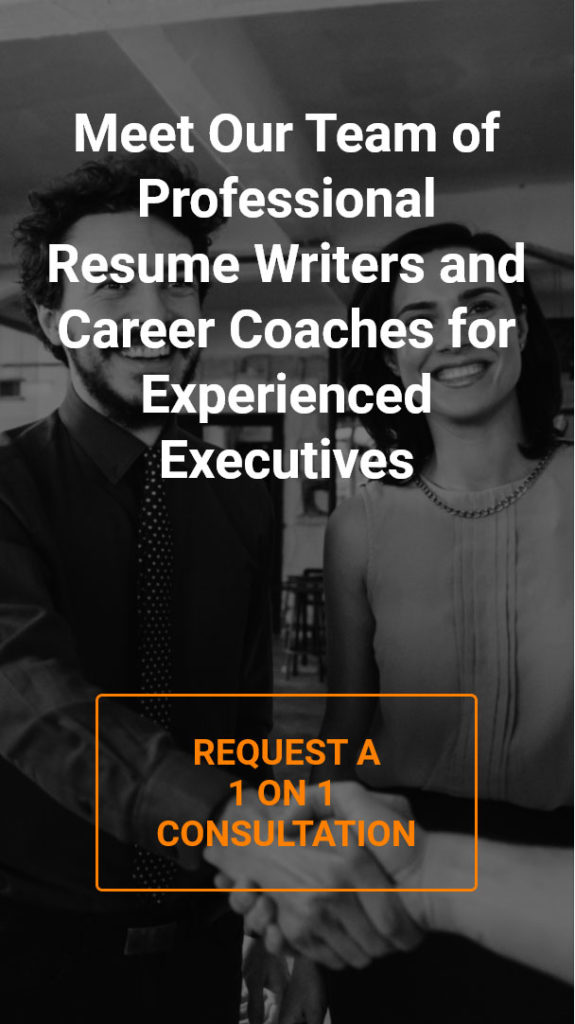The LinkedIn Jobs on the Rise report offers valuable insights into workforce trends that are reshaping industries across the United States. The roles highlighted in the report reflect a direct response to current market needs. By understanding these trends, corporate leaders can better navigate the shifting landscape of talent and identify key areas of growth for their organizations. This insight not only helps executives uncover potential opportunities for their companies but also aids in career development, leadership advancement, and identifying effective job search strategies.
1. The Growing Importance of AI
AI-related roles—such as AI Engineers, Consultants, and Researchers—reflect a broader shift in how companies are responding to technological advancements. The increasing integration of AI into business processes underscores a need for organizations to:
Invest in AI talent: AI professionals are critical to developing, implementing, and driving AI strategies within organizations, making them prime candidates for career development in tech fields.
Strategically integrate AI: Companies are turning to AI to optimize operations, improve decision-making, and fuel innovation.
Address ethical implications: Responsible AI frameworks are emerging as businesses focus on transparency and fairness in AI applications.
These trends point to a rapidly expanding field where professionals focusing on AI roles can expect exciting career growth and opportunities for continued advancement.
2. The Demand for Sustainability Expertise
With sustainability becoming a top priority across industries, roles like Sustainability Specialists are gaining prominence. Businesses are responding to growing environmental and social expectations by:
Prioritizing sustainability: Incorporating sustainability initiatives into core business strategies is essential for addressing both market demands and regulatory requirements. This shift is driving the need for sustainability-focused career development.
Hiring sustainability leaders: These experts are guiding organizations through the process of implementing eco-friendly and socially responsible practices.
Communicating sustainability efforts: Transparency in sustainability actions is increasingly important for maintaining trust with investors, customers, and employees.
As businesses continue to prioritize sustainability, professionals in these fields have an increasing opportunity to develop and advance their careers.
3. The Need for Continuous Upskilling
The role of Workforce Development Managers has gained importance as companies focus on developing their workforce’s skills. This shift reflects the growing demand for organizations to:
Foster a culture of learning: With rapid technological and industry changes, employees need opportunities to acquire new skills, which fuels career development opportunities for those in training and development.
Provide targeted development: Effective training programs are essential to address specific skills gaps and align employee capabilities with organizational goals.
Embrace innovative learning methods: Utilizing AI and online platforms is helping businesses provide personalized, accessible training experiences that enable career growth.
Upskilling is not just essential for businesses but also for individuals who wish to stay competitive and continue advancing in their careers.
4. The Shift Towards Flexible Work
As remote and hybrid work options continue to grow, businesses must adapt their strategies to meet the evolving expectations of the workforce. This trend reflects the need for:
Flexible work arrangements: Adapting to employees’ desires for more balance between work and personal life is critical for retaining talent. Professionals can enhance their career development by seeking flexible work opportunities that align with their goals.
Effective hybrid work models: Leaders are developing policies and infrastructure to support collaboration and productivity in both remote and in-office settings.
A focus on outcomes: Shifting the focus from office attendance to results and goal achievement is reshaping performance management and offers workers a chance to develop their careers based on outcomes.
As hybrid work becomes the norm, professionals will need to hone their skills in managing work-life balance while maintaining productivity—key elements in today’s career development strategies and an essential consideration for a successful job search.
Key Roles Shaping the Future of Business
Several emerging roles are particularly significant for senior executives to understand as they impact long-term organizational strategy. These roles are shaping how businesses operate and adapt to the demands of the modern workplace, and they also create pathways for personal career development and offer key opportunities in the job search.
Chief Growth Officer: Responsible for driving overall business growth strategy, this C-suite role plays a critical part in shaping a company’s long-term trajectory, offering a potential leadership role for career development.
Chief Revenue Officer: Focused on revenue generation, this executive role aligns sales and marketing in response to evolving digital landscapes.
Director of Development: Primarily found in nonprofits and education, this role oversees fundraising and donor relations, ensuring long-term financial support.
Treasury Manager: With a focus on financial decision-making, this role helps organizations manage their assets and make strategic financial decisions.
Workforce Development Manager: While not always a senior-level position, this role is gaining strategic importance as companies address skills gaps and invest in employee development, making it an essential career development opportunity.
AI Consultant: Internal AI consultants are helping organizations navigate the complexities of AI adoption, ensuring businesses remain competitive in the rapidly evolving tech landscape.
These emerging roles align closely with the evolving needs of today’s business landscape and present significant career growth potential for those seeking to advance their professional journey.
Why These Roles Matter
The emergence of these roles speaks to the ongoing transformation in how companies approach growth, revenue generation, and talent development. These positions reflect market-driven needs and trends that senior leaders must understand to guide their organizations effectively through change.
Strategic Alignment: These roles are key in shaping organizational strategy, ensuring business growth, and driving innovation, thus providing ample opportunities for career advancement.
Talent Acquisition and Retention: As companies face evolving skill demands, executives must be attuned to talent trends to attract and retain the right leaders for these emerging roles.
Succession Planning: Senior leadership should view these roles as integral to workforce development and potential leadership pipelines, which also aids in career development for the future.
By staying informed about these workforce trends and understanding the roles emerging in response to market demands, corporate leaders can ensure their organizations remain resilient and forward-thinking in a rapidly changing business environment. This awareness not only positions executives to support their organizations’ growth and adaptability but also helps them identify potential opportunities for their own career advancement and improve their job search strategies, allowing them to align their skills and leadership with the evolving needs of the market.
Think about these roles. How do they impact your future work? Which opportunities align with your skills and ambitions for career development?
When you are ready, we’re here to help move your career forward. We invite you to request a consultation appointment today.


